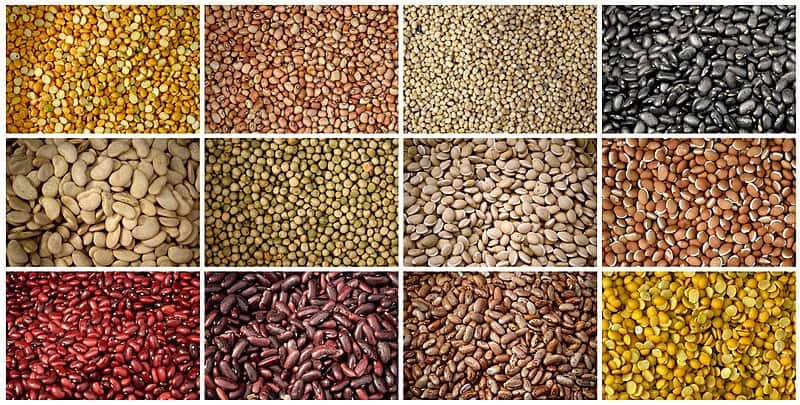The government has delayed issuing import permits for pulses. India has quantitative ceilings in place for the import of different pulses. But, permits are not issued for even quantities within the quantitative restrictions, resulting in a lot of confusion. And, this will adversely affect farmers in a lot of developing countries.
Countries Raise Concerns at WTO
India has also extended its quantitative restrictions until March 31st, 2021. Accounts as the third consecutive year in which India has issued restrictions. Many countries raised concerns against this, including the US, UK, China, Russia, Ukraine, Canada and the European Union. They argue that this will distort global prices. Further, it’ll negatively impact farmers in many countries. But an official at the meeting of the Council for trade and goods said that this would help in securing Indian farmers livelihood.

Increase in Prices
The current year harvest (1.44 MMT) is 21 MMT more than the previous year, according to the Ministry of Agriculture and Farmer’s welfare. Ideally, this should have resulted in the fall of prices. To the contrary, rates have been increasing steadily. Further, tons of different pulses were imported from Mozambique outside the quantitative restrictions. However, this was to ease the prices. Nevertheless, even this did not yield good results.
Encouraging Farmers to Grow More Pulses to Curb Imports
Pulses are an essential part of the Indian diet. More imports of pulses will result in the market prices going down. But on the other hand, it’ll adversely impact farm incomes. Hence, forcing us to find a balance between the welfare of the consumers and the farmers. Agriculture Minister Mr Narendra Singh Tomar said that India was on track to become self-sufficient in pulses. It is important to encourage farmers to adopt sustainable methods of farming. That will help us increase farm incomes in the long run. And, it’ll also help us become self-sufficient.
That being said, India must be transparent in its trade policies. Looking after farmers’ interests is essential. But, it is also significant to keep our foot afloat in the global market.